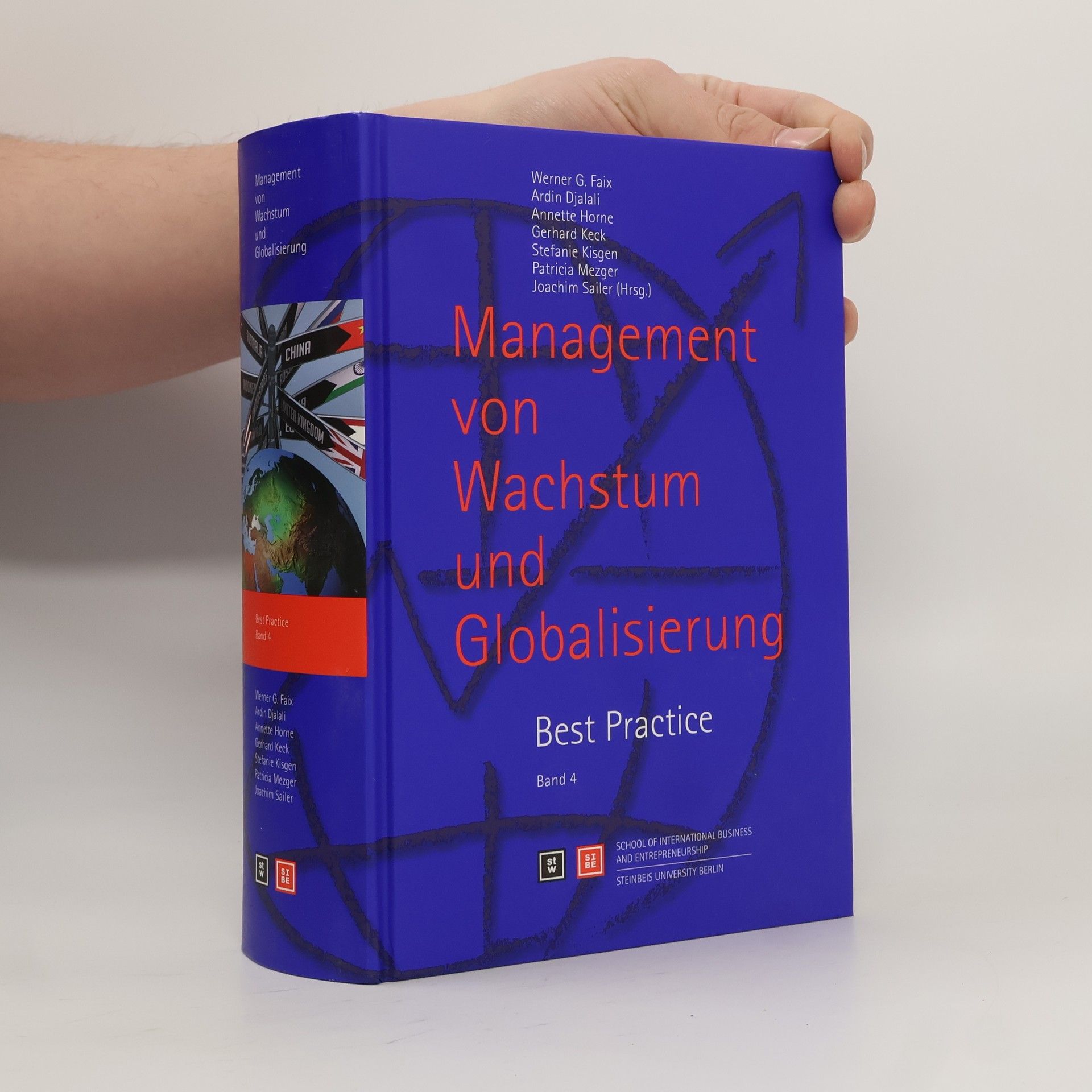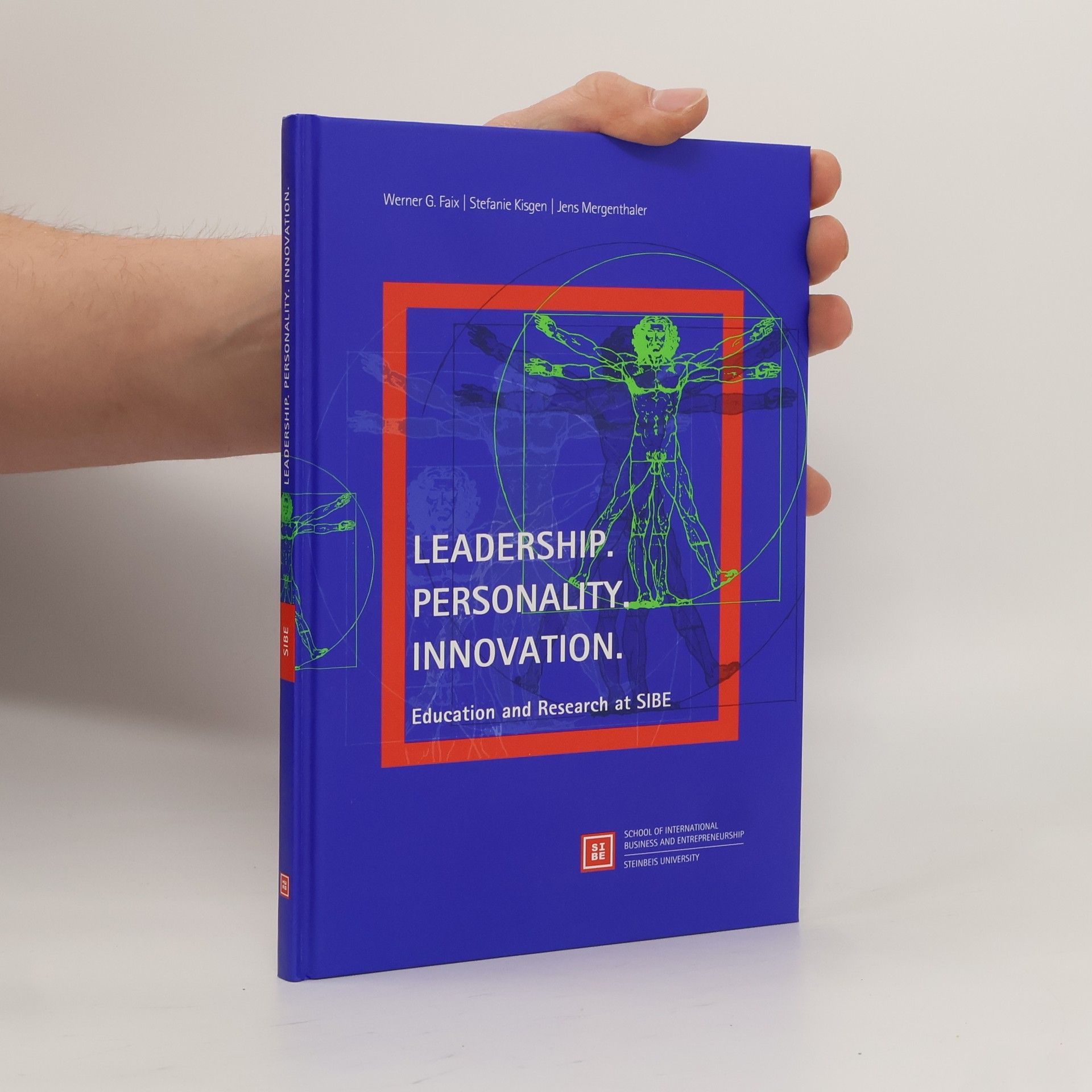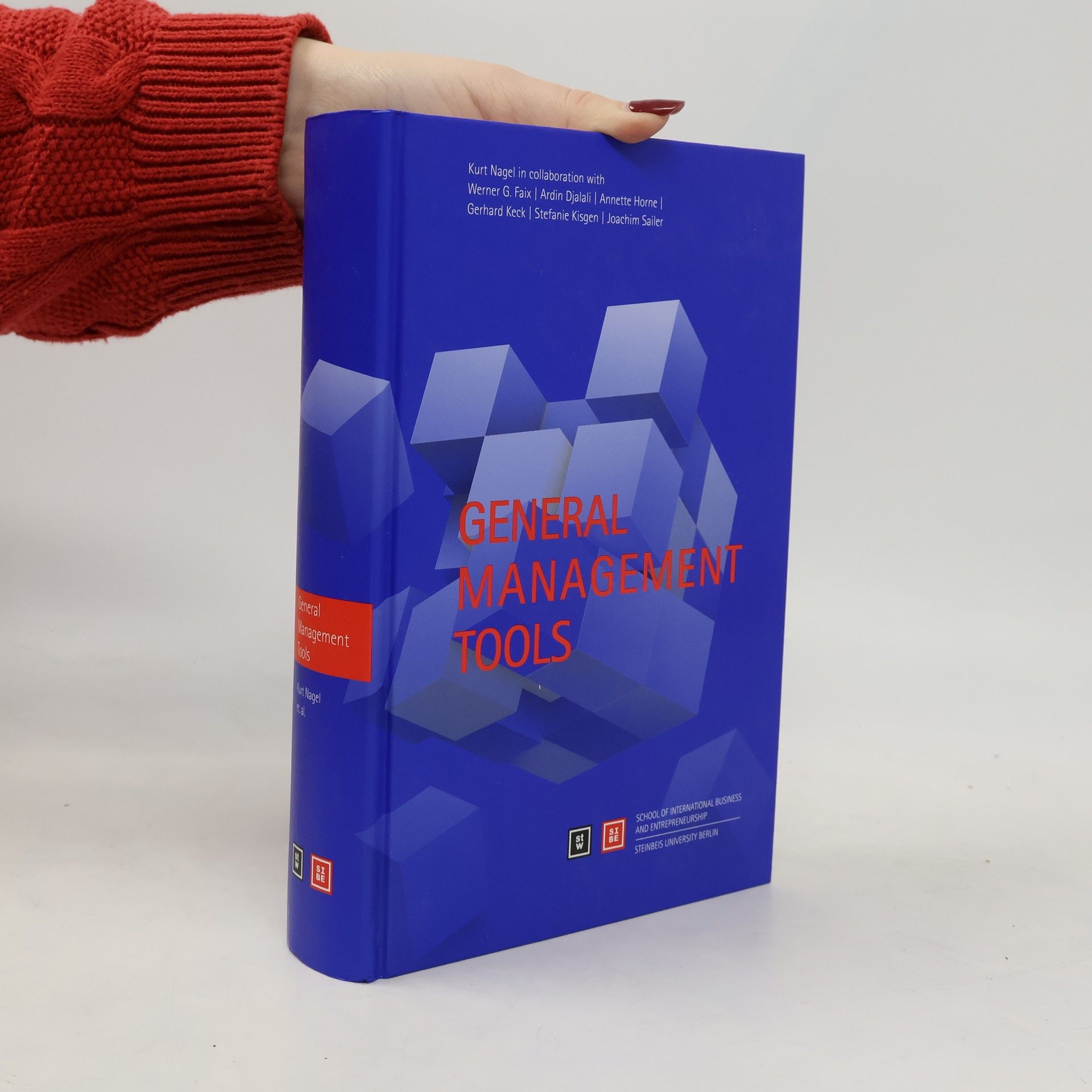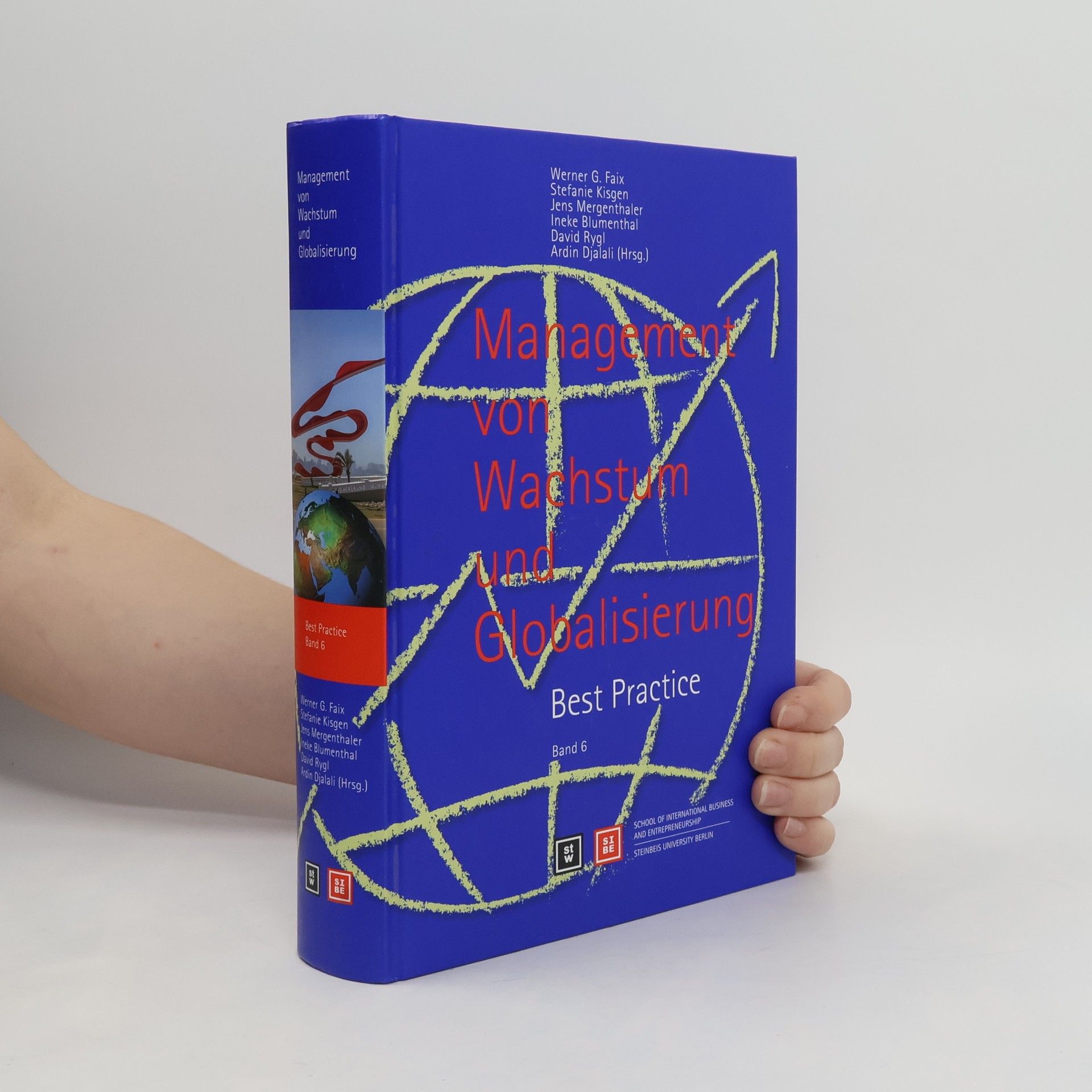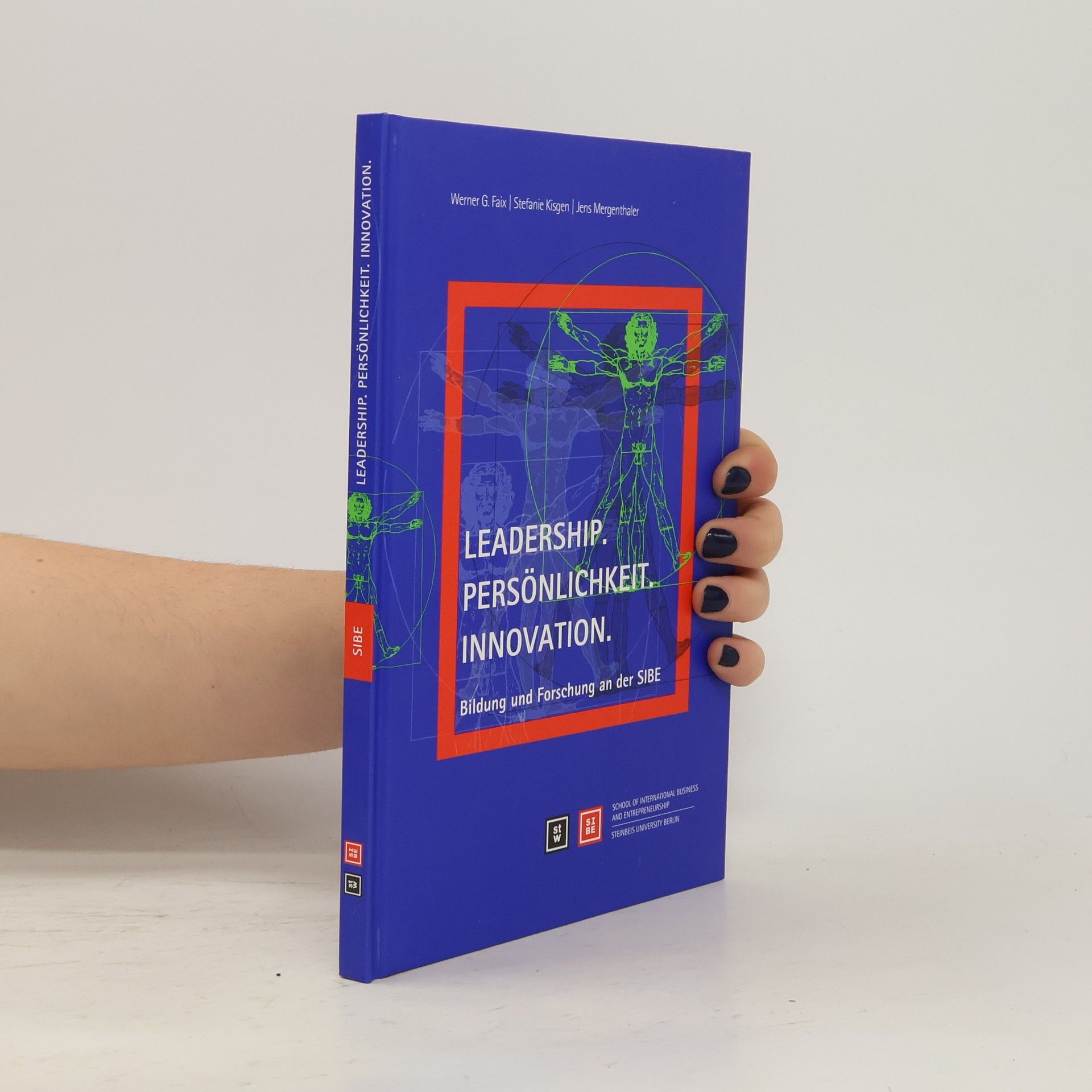General Management - Tools
- 681pages
- 24 heures de lecture
This Transfer Documentation Report (TDR) of the Steinbeis University Berlin's Entrepreneurship, Globalization and Growth Institute Group introduces readers to the most important topics in the field of general management. The TDR contains essential tools, instruments and methods for: - Analyzing a company's CURRENT situation - Analyzing a company's FRAMEWORK - Developing STRATEGIC CONCEPTS for defining a company's chances, risks and strategies - Defining BUSINESS OBJECTIVES - Developing STRATEGIES for achieving business objectives. When correctly used, transferred and implemented, the General Management Tools help sustain the sucess of companies and their business areas. Think local. act global!


